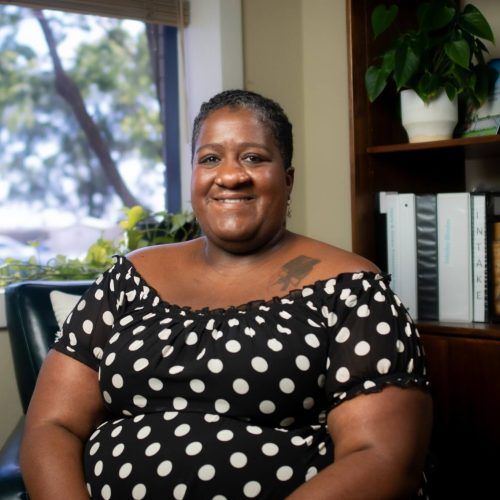



With 28 years in mental health and addiction care, Stacia specializes in supporting adults through complex challenges. She also teaches at the University of San Francisco, mentoring future therapists. A strong advocate for Telehealth, she blends clinical expertise with a passion for accessible, innovative care.













